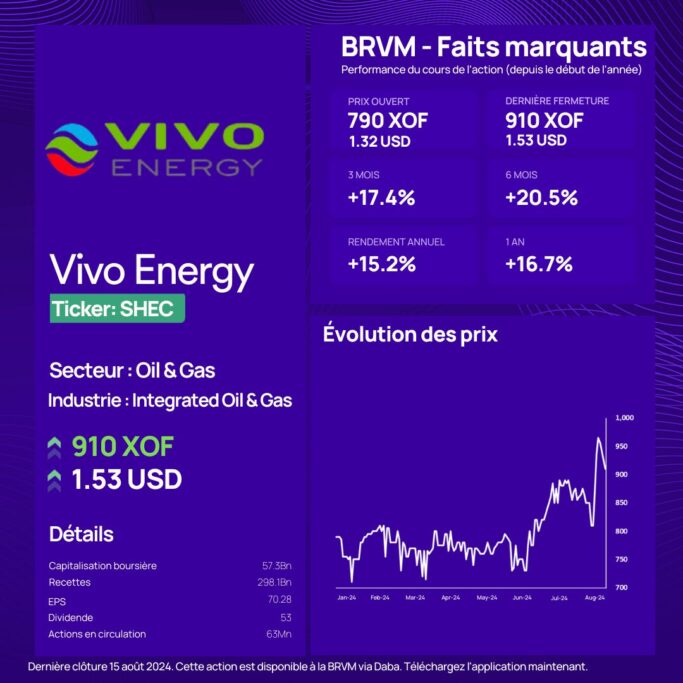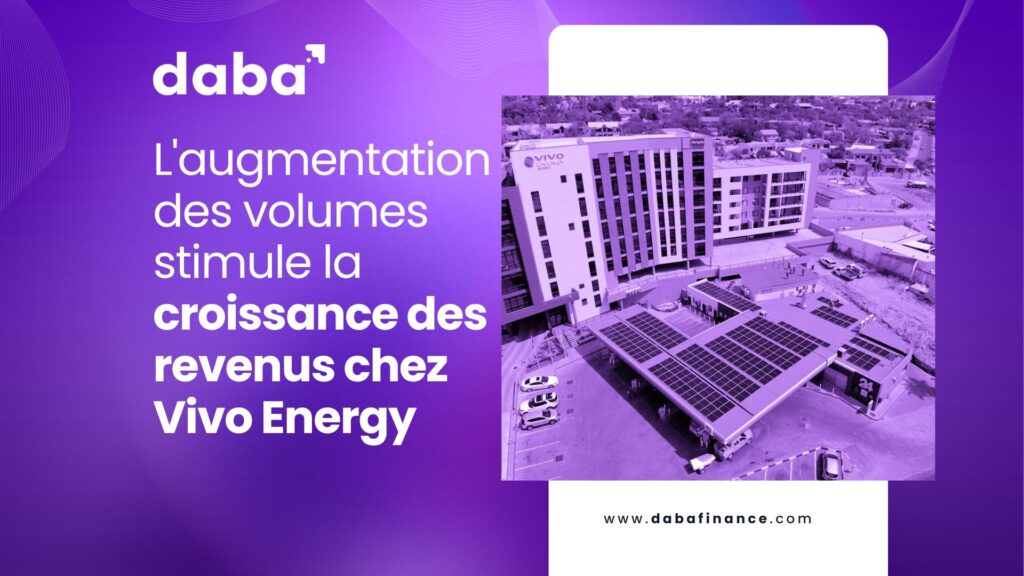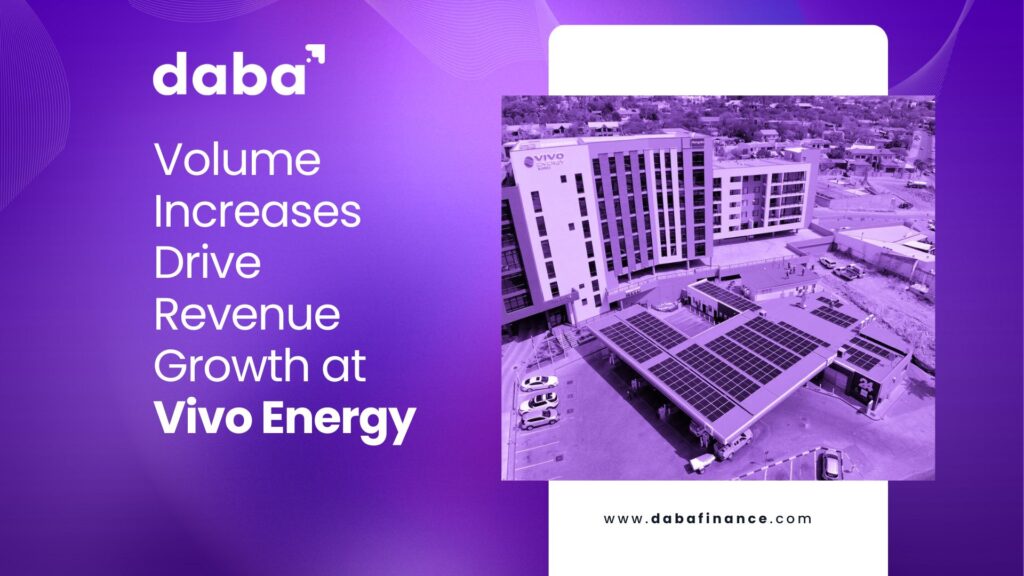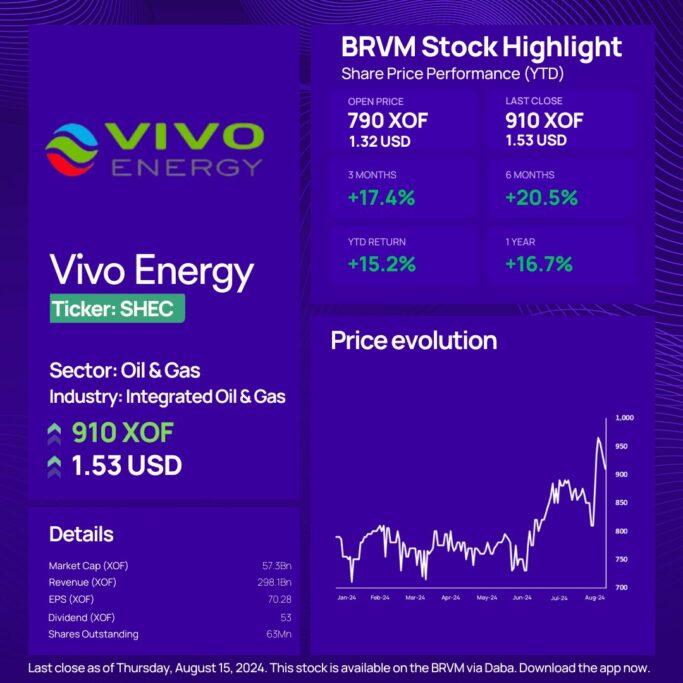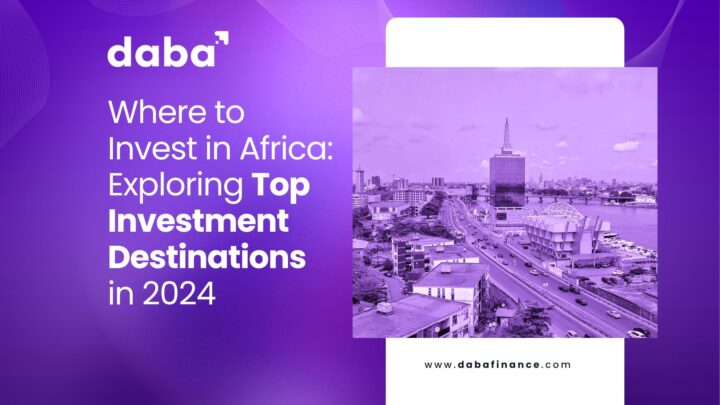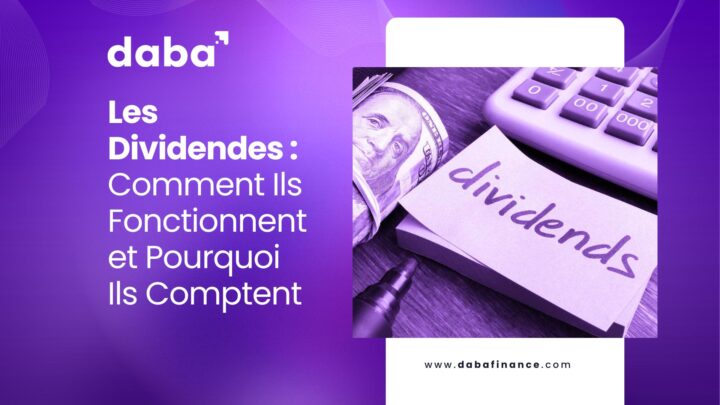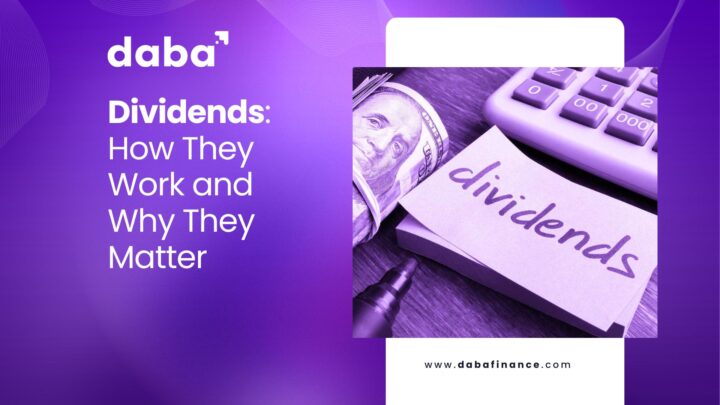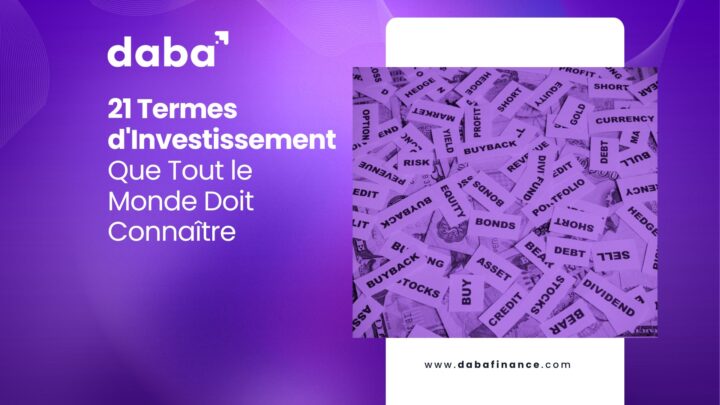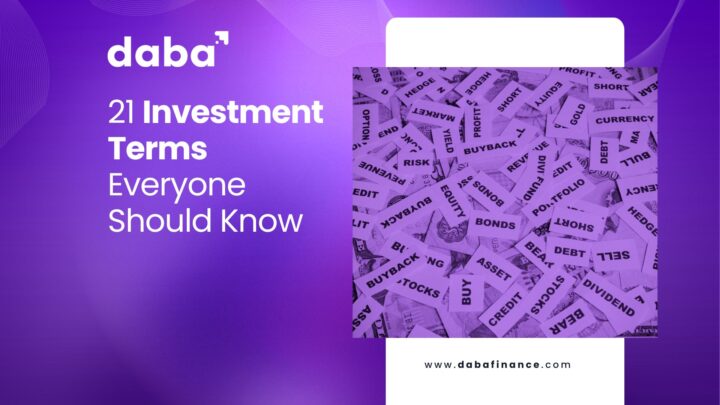Understanding investment terminology is crucial for making informed decisions and building a solid investment strategy. Here are 21 key investment terms you need to know to kickstart or continue your investment journey.
1. Asset
An asset is anything of economic value that can be owned or controlled to produce value. Assets can be physical, like real estate, or financial, like stocks and bonds. Assets are essential because they can generate income or be sold for a profit.
Assets might include shares in companies listed on the Johannesburg Stock Exchange or real estate investments in burgeoning cities like Nairobi. For instance, investing in a commercial property in Lagos, Nigeria, which generates rental income.
2. Bond
Bonds are fixed-income securities issued by governments, municipalities, or corporations to raise capital. When you buy a bond, you are essentially lending money to the issuer in exchange for periodic interest payments and the return of the bond’s face value when it matures.
Bonds are considered safer than stocks, though they typically offer lower returns. In Africa, bonds are often used to finance large infrastructure projects. You could purchase a Kenyan government bond to support national infrastructure development.
3. Stock
A stock represents ownership in a company and a claim on part of the company’s assets and earnings. Stocks are a primary means for companies to raise capital and for investors to gain equity in potentially high-growth businesses.
Stocks are known for their potential for high returns but also come with higher risk compared to bonds. Example: Buying stocks in a promising Senegal-based telecom giant Sonatel (SNTS) on the BRVM stock exchange.
Also Read: Investing in Telecom Industry: Insights from Sonatel’s Q1 2024 Report
4. Exchange-Traded Fund (ETF)
ETFs are investment funds traded on stock exchanges, much like stocks. They hold a diversified portfolio of assets such as stocks, bonds, or commodities and aim to track the performance of a specific index.
ETFs offer the benefits of diversification, liquidity, and lower fees compared to mutual funds. They are an efficient way to invest in a broad market segment or specific sector. As an investor, you could put money in an ETF that tracks the performance of the top 50 companies in Africa.
Also Read: ETFs in Africa: A Complete Investing Guide
5. Capital Gain
A capital gain is the profit realized from the sale of an investment when the sale price exceeds the purchase price. Capital gains can occur with any investment, including stocks, bonds, real estate, and more.
This profit is subject to capital gains tax, which varies by country. Capital gains are an essential measure of an investment’s profitability.
Suppose you purchase 100 shares of an African tech startup at $10 per share, totaling $1,000. After two years, the company’s value has increased, and you sell your shares at $15 per share, totaling $1,500. The capital gain in this scenario is $500 ($1,500 – $1,000).
6. Asset Allocation
Asset allocation is the process of deciding how to distribute your investments among different asset classes, such as stocks, bonds, real estate, and cash.
The goal of asset allocation is to balance risk and reward by apportioning assets according to an individual’s risk tolerance, goals, and investment time frame.
A well-diversified portfolio can help protect against market volatility. For example, allocating 60% of your portfolio to stocks, 30% to bonds, and 10% to real estate in various African countries.
7. Diversification
Closely related to allocating assets, diversification is an investment strategy that involves spreading your investments across various asset classes, industries, and geographic regions to reduce risk.
By not putting all your eggs in one basket, you can mitigate potential losses from any single investment. Diversification aims to maximize returns by investing in different areas that would each react differently to the same event. For instance, Investing in agricultural startups in Kenya, mining companies in Ghana, and fintech firms in Nigeria.
Also Read: What is Investment Diversification? – Importance, Benefits, and Strategies
8. Compound Interest
Compound interest is the interest on a loan or deposit calculated based on both the initial principal and the accumulated interest from previous periods. This means that interest earns interest over time, leading to exponential growth of the invested amount. Compounding can significantly increase the value of your investments, making it a powerful tool for building wealth.
Suppose you invest $1,000 in an African stock fund that earns an annual interest rate of 8%. At the end of the first year, you would earn $80 in interest, making your total investment $1,080. In the second year, you earn interest not just on your original $1,000 but also on the $80 interest from the first year.
This means you earn $86.40 in the second year, bringing your total to $1,166.40. Over time, this compounding effect accelerates, significantly increasing your investment’s growth.
9. Financial Advisor
A financial advisor is a professional who helps individuals manage their finances by providing advice on investments, taxes, estate planning, retirement, and more. Financial advisors can offer personalized strategies tailored to your financial goals and risk tolerance. They can help create and manage a comprehensive financial plan to ensure long-term financial health.
10. Dividend
A dividend is a portion of a company’s earnings distributed to shareholders, usually in the form of cash or additional shares. Dividends provide a steady income stream and are often paid by established profitable companies. Dividend-paying stocks are attractive to investors seeking regular income in addition to potential capital gains.
11. Index Fund
An index fund is a type of mutual fund or ETF designed to replicate the performance of a specific index, such as the S&P 500, the FTSE/JSE All Share Index, the BRVM Composite, BRVM 30, or BRVM Prestige index.
Index funds offer broad market exposure, low operating expenses, and low portfolio turnover. They are a popular choice for investors seeking to achieve long-term growth with minimal active management.
Also Read: What is an Index? A Beginner’s Guide to Stock Markets
12. Interest
Interest is the cost of borrowing money, typically expressed as a percentage of the principal amount. It can also refer to the earnings from interest-bearing investments like savings accounts, bonds, and certificates of deposit (CDs). Understanding interest rates is crucial for both borrowers and investors, as they affect loan costs and investment returns.
Suppose you deposit $1,000 into a savings account in a Ghanaian bank that offers an annual interest rate of 5%. After one year, you would earn $50 in interest, making your total balance $1,050.
If you leave the interest in the account, the following year, you’ll earn interest on $1,050, resulting in $52.50 in interest, demonstrating the power of compound interest.
13. Mutual Fund
A mutual fund pools money from many investors to purchase a diversified portfolio of stocks, bonds, or other securities. Managed by professional fund managers, mutual funds offer investors the benefits of diversification, professional management, and liquidity. They are suitable for investors seeking exposure to a broad range of assets without having to manage them individually.
14. Portfolio
A portfolio is a collection of investments owned by an individual or institution. It includes a variety of asset classes such as stocks, bonds, real estate, and cash.
A well-balanced portfolio reflects the investor’s risk tolerance, time horizon, and financial goals. Regular portfolio reviews and rebalancing are essential to maintaining the desired asset allocation.
You could create a portfolio with investments in African tech startups, government bonds, and real estate.
15. Real Estate
Real estate involves the purchase, ownership, management, rental, or sale of land and any structures on it. Real estate is a popular investment for diversification and income generation.
Investors can participate directly by buying properties or indirectly through Real Estate Investment Trusts (REITs).
16. Return
Return is the gain or loss on an investment over a specified period, typically expressed as a percentage of the investment’s cost. Returns can come from capital gains, dividends, interest, and other forms of income. Analyzing historical returns helps investors assess the potential profitability and risk of an investment.
Suppose you invest $1,000 in shares of an Ethiopian telecommunications company. After one year, the value of your shares has increased to $1,150. During this period, you also received $50 in dividends. The total return on your investment will be calculated as follows:
Total Return = (Ending Value – Initial Investment + Dividends) / Initial Investment
Total Return = ($1,150 – $1,000 + $50) / $1,000 = $200 / $1,000 = 0.20 or 20%
So, your total return on the investment is 20%.
17. Retirement Account
A retirement account is a financial account specifically designed to save for retirement, offering tax advantages to encourage long-term savings. Common types include Individual Retirement Accounts (IRAs) and 401(k) plans. These accounts provide tax-deferred or tax-free growth, helping individuals build a substantial retirement fund.
18. Risk Tolerance
Risk tolerance is the degree of variability in investment returns that an individual is willing to withstand. It depends on factors like financial goals, investment horizon, and personality.
Understanding your risk tolerance is essential for creating an investment strategy that aligns with your comfort level and long-term objectives. Assessing your risk tolerance, for instance, would help to decide between high-growth tech stocks in Kenya and stable government bonds in Botswana.
18. Security
A security is a financial instrument that represents an ownership position in a company (stock), a creditor relationship with a government or corporation (bond), or ownership rights (option). Securities are essential components of investment portfolios and are regulated to ensure transparency and fairness.
20. Stock Market
The stock market is a collection of markets where stocks (equities) are bought and sold. It includes stock exchanges like the Nigerian Exchange and the BRVM, where traders and investors interact to trade shares.
The stock market plays a crucial role in the economy by providing companies with access to capital and investors with growth opportunities.
Also Read: The Largest Stock Exchanges in Africa by Market Capitalization
21. Cash
Cash refers to currency in the form of paper bills, coins, and funds held in checking, savings, and money market accounts. It is considered a liquid asset because it can be easily accessed and used for transactions.
Maintaining a portion of your portfolio in cash or cash equivalents provides flexibility to quickly take advantage of investment opportunities or cover unexpected expenses. In the context of investing in Africa, holding cash can be particularly useful for navigating periods of volatility or capitalizing on short-term opportunities.
Keeping a portion of your investment in a high-yield savings account in a stable African currency like the CFA Franc can be crucial to ensure liquidity and quick access to funds when needed.
Becoming a Savvy Investor
Understanding these key investment terms can significantly enhance your ability to navigate the world of investing.
Whether you are new to investing or looking to deepen your knowledge, Daba provides the tools and resources you need to succeed.
From real-time analytics to expert advice through Daba Pro, you can confidently manage and grow your investments in Africa’s dynamic markets. Visit our platform today to start your investment journey.
